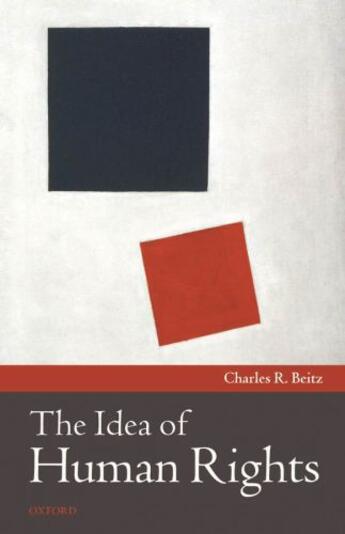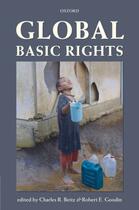-
Nombre de pages : (-)
-
Collection :
(-)
-
Genre :
(-)
-
Thème :
Non attribué
-
Prix littéraire(s) :
(-)
Résumé:
The international doctrine of human rights is one of the most ambitious parts of the settlement of World War II. Since then, the language of human rights has become the common language of social criticism in global political life. This book is a theoretical examination of the central idea of... Voir plus
The international doctrine of human rights is one of the most ambitious parts of the settlement of World War II. Since then, the language of human rights has become the common language of social criticism in global political life. This book is a theoretical examination of the central idea of that language, the idea of a human right. In contrast to more conventional philosophical studies, the author takes a practical approach, looking at the history and political practice of human rights for guidance in understanding the central idea. The author presents a model of human rights as matters of international concern whose violation by governments can justify international protective and restorative action ranging from intervention to assistance. He proposes a schema for justifying human rights and applies it to several controversial cases-rights against poverty, rights to democracy, and the human rights of women. Throughout, the book attends to some main reasons why people are sceptical about human rights, including the fear that human rights will be used by strong powers to advance their national interests. The book concludes by observing that contemporary human rights practice is vulnerable to several pathologies and argues the need for international collaboration to avoid them.
Donner votre avis















